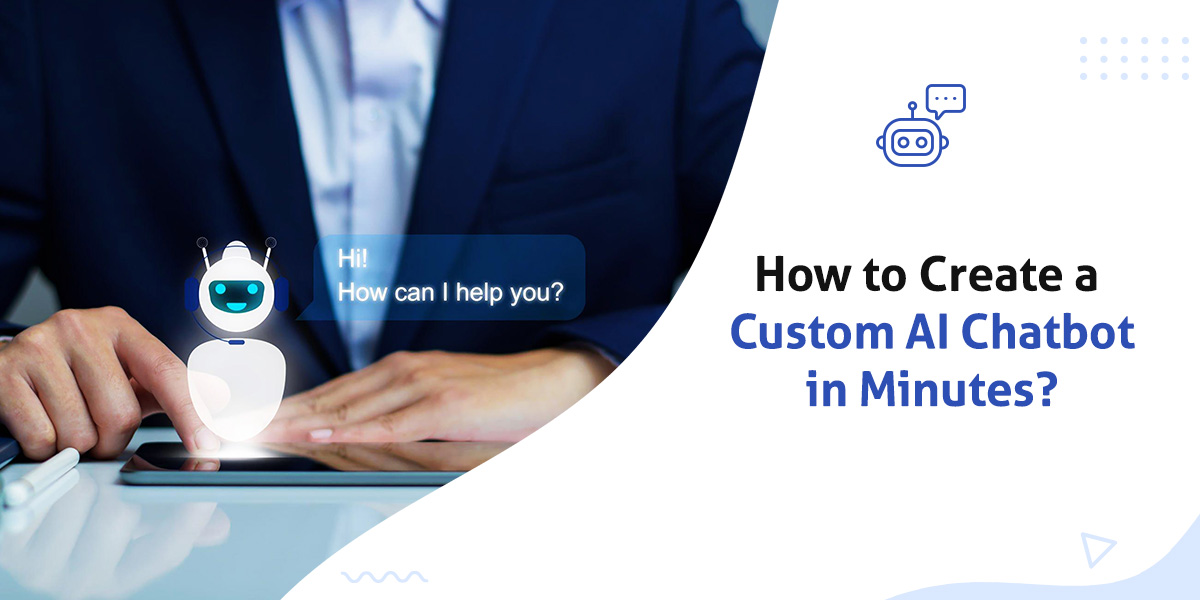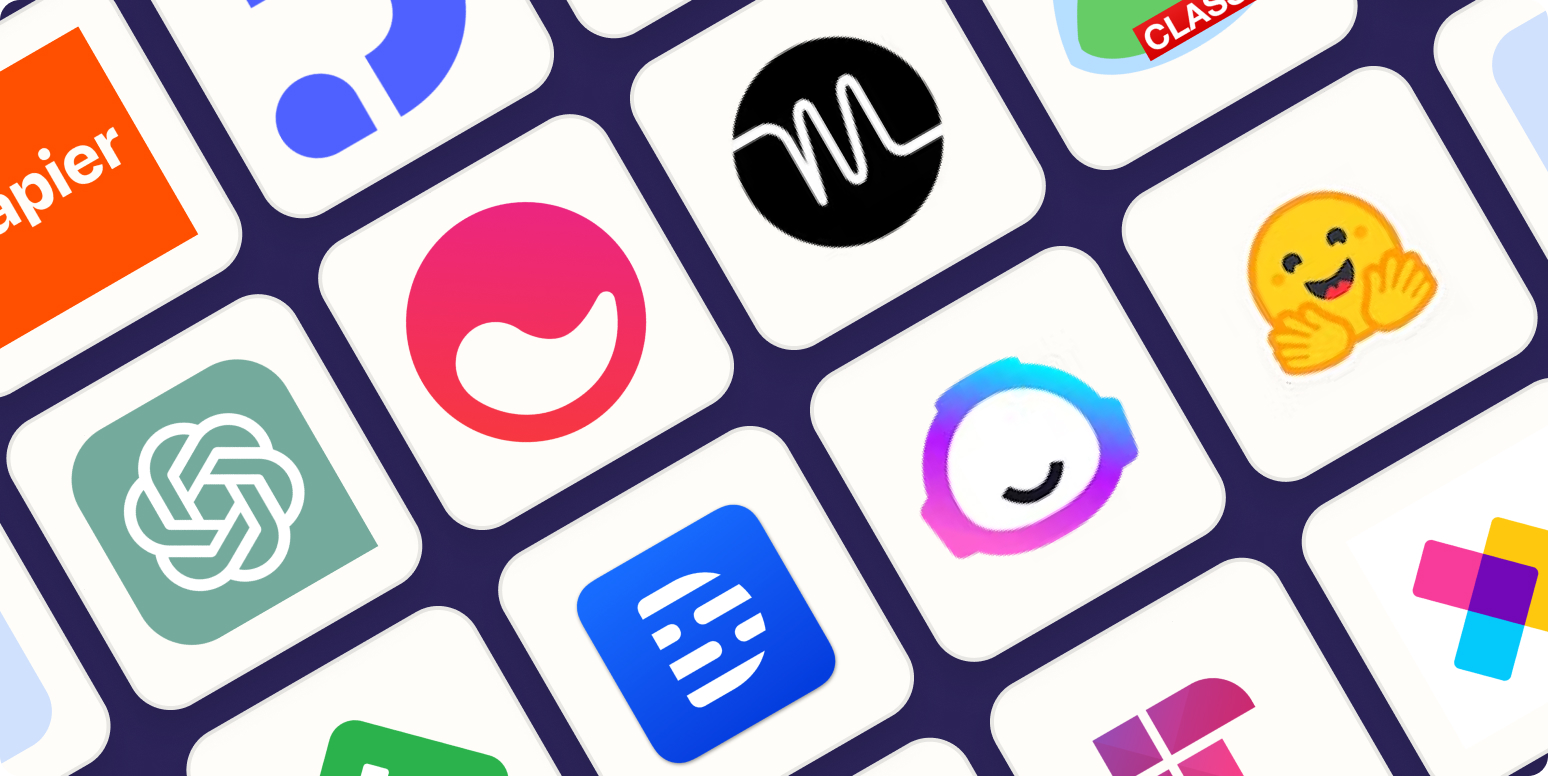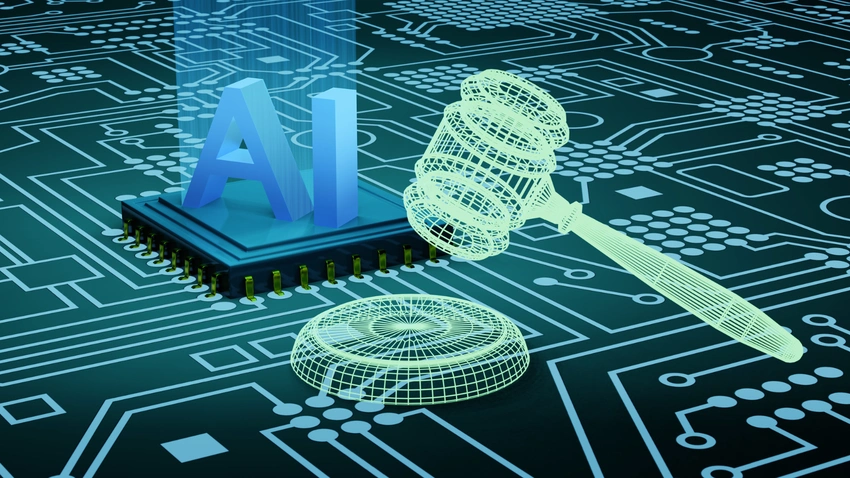The Power of Custom AI Chatbots: Tailoring Solutions for Unique Business Needs

As businesses strive to enhance customer experiences and streamline operations, the demand for custom AI chatbots is on the rise. These sophisticated tools offer personalized and efficient interactions, tailored to meet specific business requirements. In this article, we will explore what custom AI chatbots are, their benefits, how they work, and how businesses can leverage them to achieve their goals.
What is a Custom AI Chatbot?
A custom AI chatbot is a conversational agent designed and developed to cater to the unique needs of a specific business. Unlike generic chatbots, which follow a one-size-fits-all approach, custom AI chatbots are built with tailored functionalities, workflows, and integrations that align with a company’s objectives, processes, and customer expectations.
Key Features of Custom AI Chatbots
- Personalized Interactions: Delivering responses that are contextually relevant to individual users.
- Advanced Natural Language Processing (NLP): Understanding and interpreting complex queries and languages.
- Integration with Business Systems: Seamlessly connecting with CRM, ERP, e-commerce platforms, and other enterprise systems.
- Customizable Workflows: Designing conversation flows that reflect specific business processes.
- Analytics and Reporting: Offering insights tailored to business metrics and performance indicators.
How Do Custom AI Chatbots Work?
Custom AI chatbots function through a series of sophisticated steps to provide personalized and accurate responses:
- Requirement Analysis: Understanding the business goals, customer personas, and specific use cases.
- Design and Development: Creating a tailored conversation flow, integrating with business systems, and developing unique functionalities.
- Training the Model: Using machine learning algorithms and large datasets to train the chatbot for accurate and contextually relevant responses.
- Testing and Iteration: Continuously testing the chatbot in various scenarios and refining its responses.
- Deployment and Monitoring: Deploying the chatbot across desired platforms and continuously monitoring its performance for improvements.
Benefits of Custom AI Chatbots
1. Enhanced Customer Engagement
Custom AI chatbots provide personalized experiences that resonate with users, leading to higher engagement and satisfaction. By addressing specific customer needs and preferences, these chatbots foster stronger relationships and loyalty.
2. Improved Operational Efficiency
By automating repetitive tasks and streamlining workflows, custom AI chatbots help businesses operate more efficiently. This allows employees to focus on more strategic activities, improving overall productivity.
3. Scalability
Custom chatbots can easily scale to handle increasing volumes of interactions and more complex queries, making them ideal for growing businesses. They can be fine-tuned to adapt to changing business needs and customer expectations.
4. Cost Savings
Automating customer interactions reduces the need for large customer service teams, resulting in significant cost savings. Custom AI chatbots also minimize errors and ensure consistent service quality.
5. Data-Driven Insights
Custom AI chatbots provide valuable insights into customer behavior, preferences, and pain points. Businesses can leverage this data to make informed decisions, optimize processes, and enhance products or services.
Use Cases of Custom AI Chatbots
1. E-commerce
Custom AI chatbots can assist customers with product recommendations, order tracking, and returns processing, enhancing the shopping experience and increasing sales.
2. Healthcare
In the healthcare sector, custom chatbots can provide patients with appointment scheduling, medication reminders, and preliminary medical advice, improving patient care and operational efficiency.
3. Finance
Financial institutions use custom AI chatbots for handling customer inquiries, processing transactions, and providing personalized financial advice, ensuring secure and efficient services.
4. Travel and Hospitality
Travel companies and hotels use custom chatbots to manage bookings, provide travel information, and offer personalized recommendations, enhancing customer experiences.
5. Customer Support
Custom chatbots handle a wide range of customer queries, from troubleshooting issues to providing product information, improving response times and customer satisfaction.
Steps to Develop a Custom AI Chatbot
1. Define Objectives and Requirements
Identify the primary purpose of the chatbot and gather detailed requirements. This includes understanding the target audience, defining key functionalities, and setting clear objectives.
2. Choose the Right Technology Stack
Select appropriate technologies for NLP, machine learning, and integrations. Popular options include Google Dialogflow, Microsoft Bot Framework, and OpenAI’s GPT.
3. Design Conversation Flows
Create detailed conversation flows that map out possible user interactions. This involves scripting dialogues, setting up conditional responses, and designing fallback mechanisms for unrecognized queries.
4. Develop and Train the Chatbot
Develop the chatbot using the chosen technologies and train it with relevant data. This involves feeding the chatbot with a diverse dataset to ensure it can handle various queries accurately.
5. Integrate with Business Systems
Ensure seamless integration with existing business systems such as CRM, ERP, and e-commerce platforms. This enables the chatbot to access real-time data and provide contextually relevant responses.
6. Test and Refine
Conduct thorough testing to identify and fix any issues. This includes functional testing, user acceptance testing, and performance testing. Continuously refine the chatbot based on feedback and performance metrics.
7. Deploy and Monitor
Deploy the chatbot on the desired platforms, such as websites, mobile apps, and messaging apps. Monitor its performance and user interactions continuously to make necessary adjustments and improvements.
Top Platforms for Building Custom AI Chatbots
1. Google Dialogflow
Google Dialogflow is a powerful platform for building conversational interfaces. It offers robust NLP capabilities, integration options, and scalability, making it ideal for developing custom AI chatbots.
2. Microsoft Bot Framework
Microsoft Bot Framework provides a comprehensive set of tools for building and deploying intelligent chatbots. It supports integration with various channels and enterprise systems, offering flexibility and reliability.
3. IBM Watson Assistant
IBM Watson Assistant is designed for enterprises, providing advanced AI capabilities and seamless integration with business systems. It offers robust analytics and customization options, making it suitable for complex use cases.
4. ChatGPT by OpenAI
ChatGPT, developed by OpenAI, is a versatile platform for creating highly conversational chatbots. It excels in understanding and generating human-like text, making it ideal for personalized customer interactions.
5. Rasa
Rasa is an open-source framework for building custom AI chatbots. It offers extensive customization options, allowing businesses to create highly tailored conversational agents that meet specific needs.
Conclusion
Custom AI chatbots represent a significant advancement in the way businesses interact with their customers. By leveraging advanced AI technologies and tailored functionalities, these chatbots offer personalized, efficient, and scalable solutions that enhance customer engagement, improve operational efficiency, and drive cost savings. As businesses continue to adopt and innovate with custom AI chatbots, the potential for transforming customer experiences and achieving business goals is immense.





